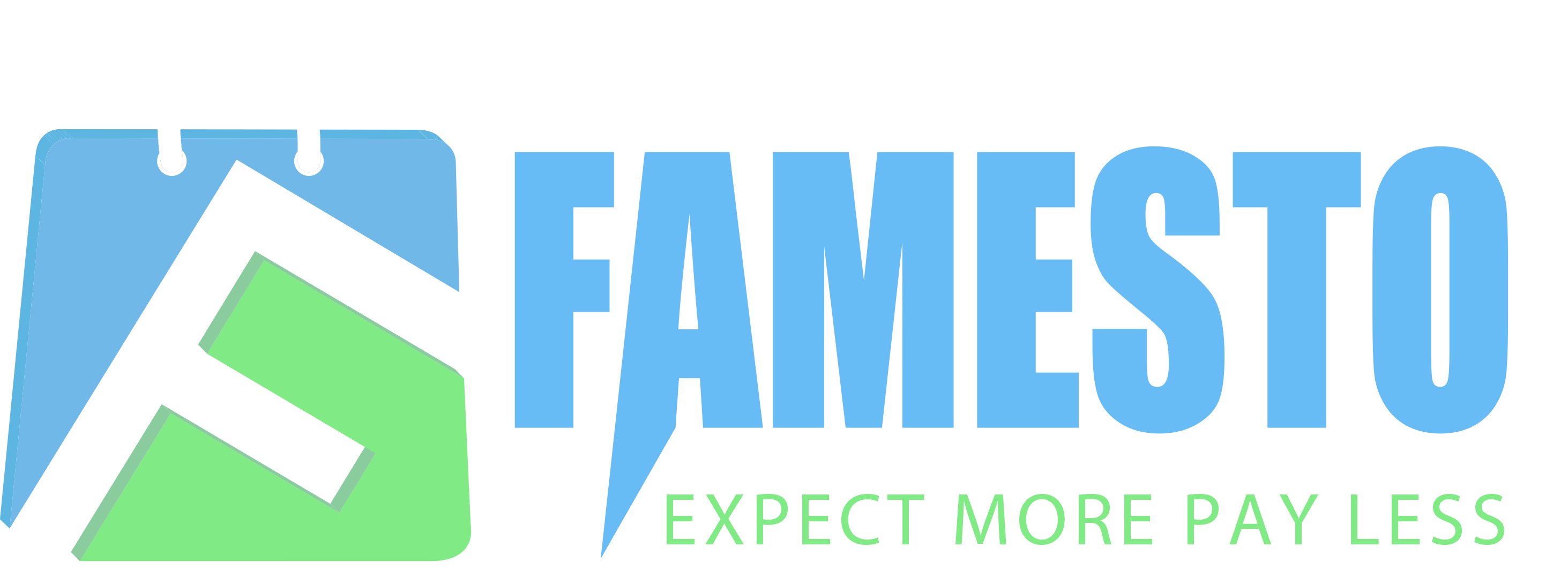HISTORY
For many years, there was a legend that Golden Retrievers were descended from Russian sheepdogs bought from a circus. In fact, the breed was developed in Scotland, at the highland estate of Sir Dudley Majoribanks, later known as Lord Tweedmouth.
Tweedmouth, like many gentry of his day, bred animals of all kinds, trying to perfect different breeds. Tweedmouth’s breeding records from 1835 to 1890 show what he was aiming for with the Golden: A talented retriever — Tweedmouth was an ardent waterfowl hunter — with a superb nose, who would be more attentive to his human hunting companion than the setters and spaniels used at the time for retrieving. He also wanted the dog to be loyal and even-tempered in the home.

SIZE
Males are 23 to 24 inches tall and weigh 65 to 75 pounds. Females are generally 21.5 to 22.5 inches tall and 55 to 65 pounds. Golden Retrievers usually reach their full height by one year of age, and their mature weight by two.
PERSONALITY
A sweet, calm nature is the hallmark of the breed. The Golden was bred to work with people, and is eager to please his owner. Though hard-wired with a good disposition, like all dogs the Golden must be well-raised and well-trained to make the most of his heritage.
Like every dog, the Golden needs early socialization — exposure to many different people, sights, sounds, and experiences — when they’re young. Socialization helps ensure that your Golden puppy grows up to be a well-rounded dog.


A beautiful Golden Retriever, Cocker Spaniel cross puppy isolated on white.
CARE
Golden Retrievers are built for action and love outdoor romps. If you like to hike or jog, your Golden will be happy to join you. And if you feel like tossing a ball in the backyard, they’d be more than happy to join you; true to their name, Goldens love to retrieve.
Tiring them out with 20-30 minutes of vigorous exercise twice a day will keep your dog mellow when he’s back inside. Slacking on the activity, however, could lead to behavior problems.
FEEDING
Recommended daily amount: 2 to 3 cups of high-quality dry food a day, divided into two meals.
NOTE: How much your adult dog eats depends on his size, age, build, metabolism, and activity level. Dogs are individuals, just like people, and they don’t all need the same amount of food. It almost goes without saying that a highly active dog will need more than a couch potato dog. The quality of dog food you buy also makes a difference — the better the dog food, the further it will go toward nourishing your dog and the less of it you’ll need to shake into your dog’s bowl.
Keep your Golden in good shape by measuring his food and feeding him twice a day rather than leaving food out all the time. If you’re unsure whether he’s overweight, give him the eye test and the hands-on test.




